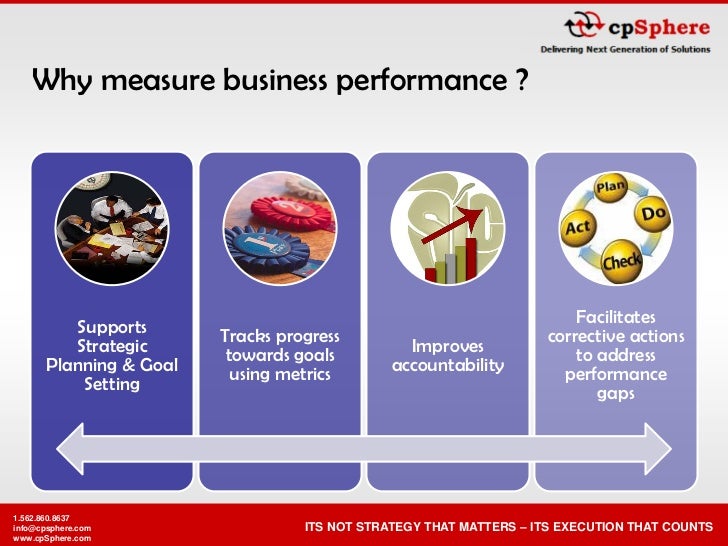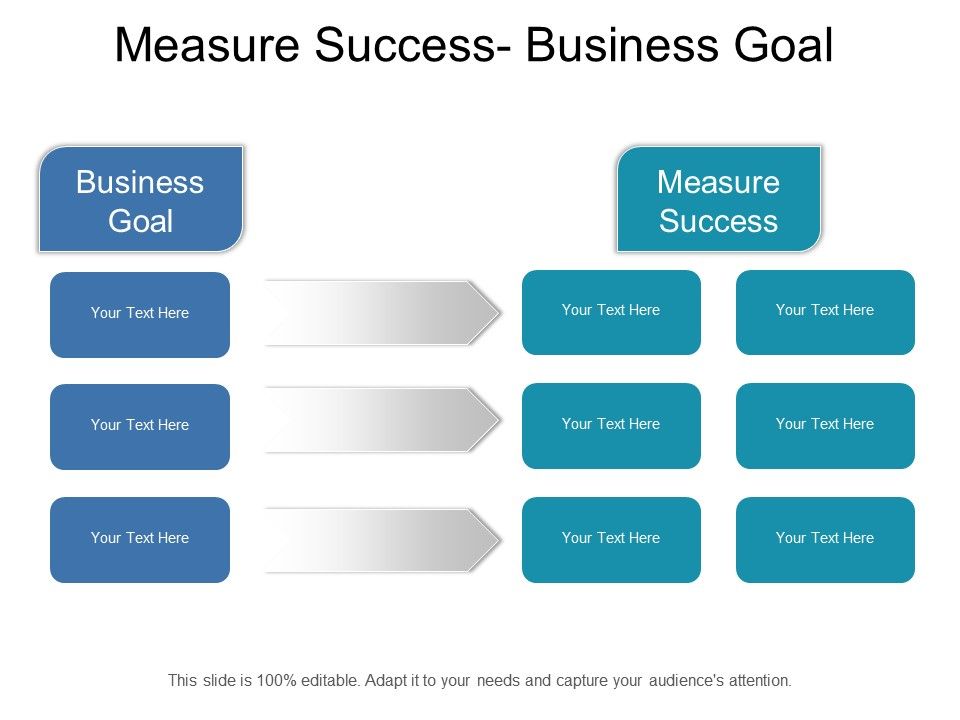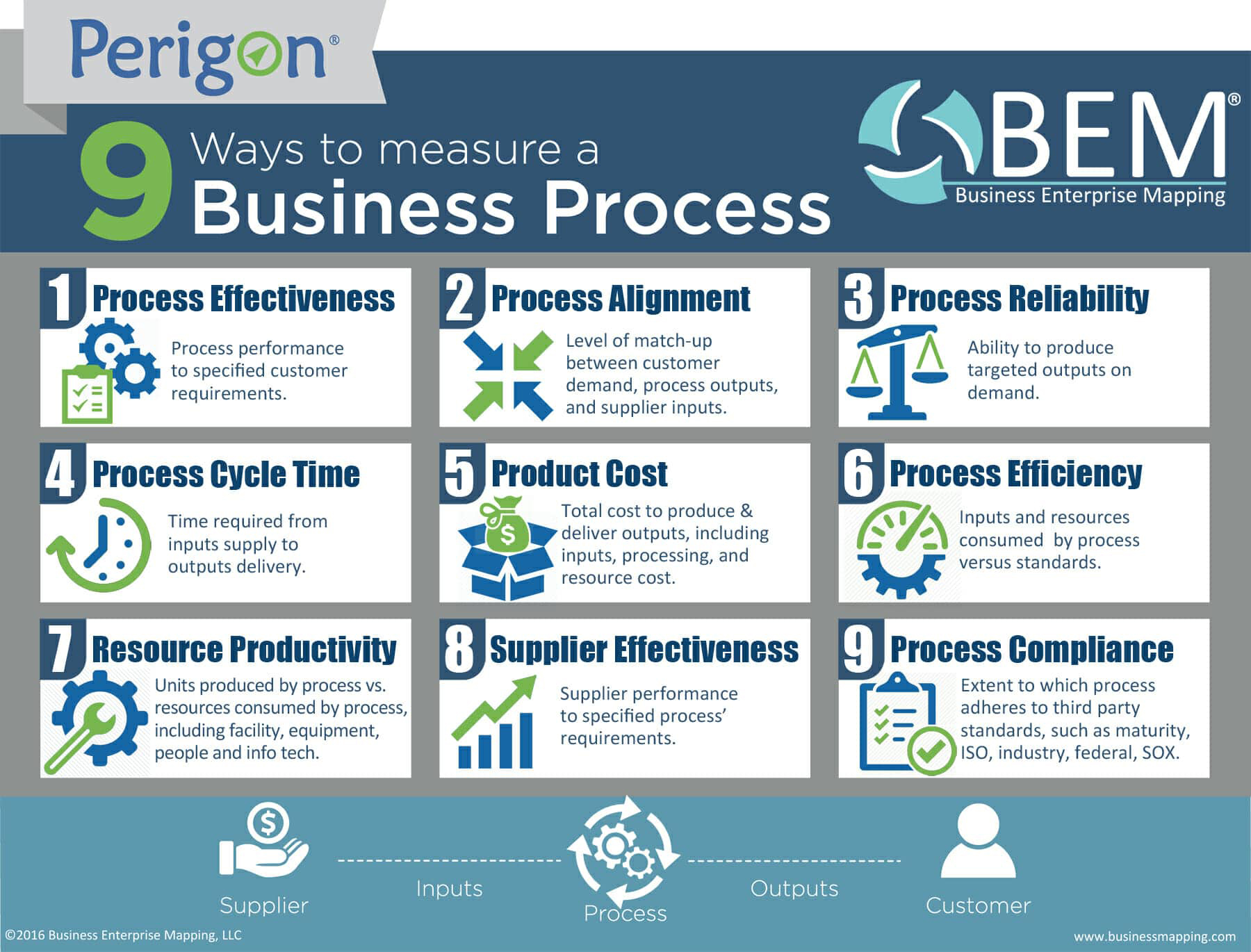How To Measure Success In Business

The aroma of freshly brewed coffee mingled with the quiet hum of keyboards as employees trickled into the brightly lit office. Outside, the city was waking up, but inside, a different kind of dawn was breaking: a moment of reflection. Was the company truly thriving? Were they making a real impact? The question hung in the air, heavier than the scent of caffeine.
Measuring success in business is no longer simply about profit margins. Today, a holistic approach that encompasses employee well-being, customer satisfaction, social responsibility, and sustainable growth is crucial. This shift reflects a deeper understanding that a truly successful business is one that creates value for all stakeholders, not just shareholders.
Beyond the Bottom Line
For decades, the primary metric for business success was undeniably financial performance. Revenue, profit margins, and stock prices dominated board meetings and investor reports. This focus, while important, often neglected other critical aspects of a company's overall health and long-term viability.
“There’s been a gradual awakening,” explains Dr. Anya Sharma, a leading business strategist and author of 'The Value-Driven Enterprise'. “Companies are realizing that prioritizing profit above all else can lead to unsustainable practices, damage to their reputation, and ultimately, a decline in performance.”
The Rise of Stakeholder Capitalism
One significant factor driving this shift is the rise of stakeholder capitalism. This model emphasizes the importance of considering the needs and interests of all stakeholders, including employees, customers, suppliers, communities, and the environment.
The World Economic Forum, for instance, has been a strong advocate for stakeholder capitalism, arguing that it is essential for long-term economic growth and social well-being. Their Davos Manifesto 2020 explicitly calls for companies to act as stewards of the environment and to treat their employees with dignity and respect.
Key Metrics for a Holistic Approach
So, how can businesses effectively measure success beyond the bottom line? Here are some key metrics to consider:
- Employee Engagement: Happy and engaged employees are more productive, innovative, and loyal. Metrics like employee satisfaction scores, turnover rates, and participation in company initiatives can provide valuable insights.
- Customer Satisfaction: Loyal customers are the lifeblood of any business. Monitoring customer satisfaction scores (CSAT), Net Promoter Score (NPS), and customer retention rates can help gauge how well a company is meeting customer needs.
- Social Impact: Increasingly, consumers and investors are demanding that businesses demonstrate a commitment to social responsibility. Measuring the impact of a company's environmental, social, and governance (ESG) initiatives is crucial.
- Innovation and Adaptability: The business landscape is constantly evolving. A company's ability to innovate, adapt to change, and embrace new technologies is essential for long-term success. Metrics like research and development spending, new product launches, and the adoption of new technologies can provide valuable insights.
The Importance of Purpose
Beyond these specific metrics, a clear sense of purpose is also essential. A company with a strong purpose is more likely to attract and retain talent, build brand loyalty, and make a positive impact on the world.
"People don't buy what you do; they buy why you do it,"
famously stated Simon Sinek, author of 'Start With Why'. This sentiment underscores the importance of having a clear and compelling purpose that resonates with both employees and customers.
Looking Ahead
Measuring success in business is an ongoing journey, not a destination. Companies must continuously evaluate their performance, adapt to changing circumstances, and strive to create value for all stakeholders. This requires a shift in mindset, a willingness to embrace new metrics, and a commitment to transparency and accountability.
As the sun climbed higher, illuminating the office with a warm glow, a renewed sense of purpose filled the air. It was clear that success wasn't just about the numbers on a spreadsheet, but about the impact they were making on the world, one employee, one customer, one community at a time.


















